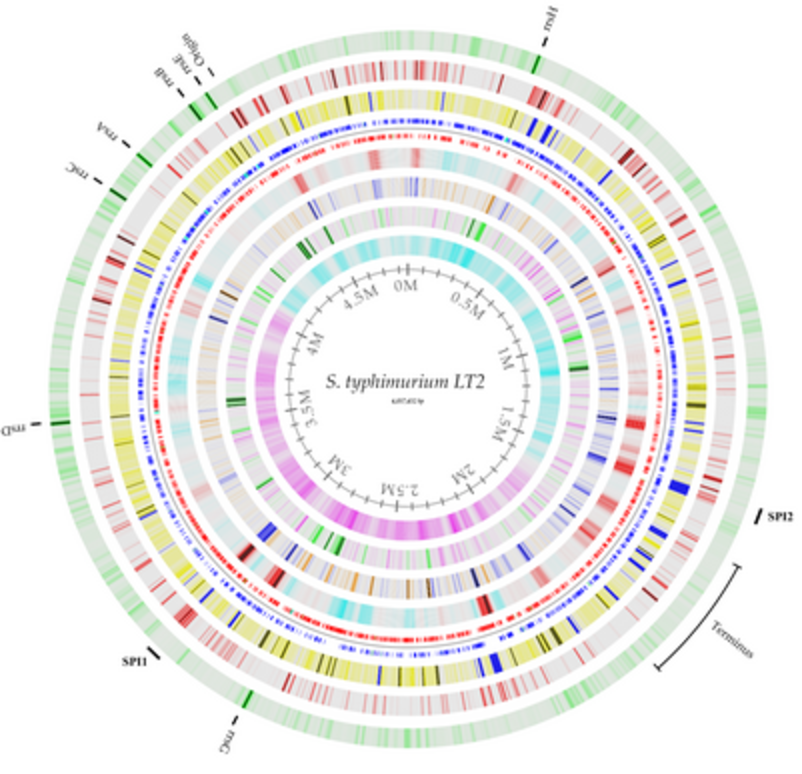Command-line interface
You should run all LexMapr commands inside a virtual environment:
$ conda activate LexMaprOnce inside the environment, you must supply the path to your input file:
$ lexmapr some_input_file.csv Input files can be either csvtsv
id,sample
0,apple
1,corn
2,potatoid sample
0 apple
1 corn
2 potatoRunning LexMapr with only an input file argument will map samples against a limited collection of pre-defined resources. For a list of all command-line options:
$ lexmapr --helpCommand-line options
-o [OUTPUT], --output [OUTPUT]
-o [OUTPUT], --output [OUTPUT]Output results to a specified file, as opposed to the default output to terminal. For example:
$ lexmapr some_input_file.csv -o some_output_file.tsv Output file contents will always be in tsv
-f, --full
-f, --fullOutput a more detailed description of sample mappings.
-c [CONFIG], --config [CONFIG]
-c [CONFIG], --config [CONFIG]Map samples against ontology terms specified in a config file.
By default, LexMapr maps samples against a limited collection of pre-defined ontology terms. If you specify a config file, you can instruct LexMapr to use ontology terms of your own choosing. For example:
$ lexmapr some_input_file.csv -c some_config_file.jsonsome_config_file.json:
[
{
"http://purl.obolibrary.org/obo/foodon.owl":
"http://purl.obolibrary.org/obo/BFO_0000001"},
{
"http://purl.obolibrary.org/obo/envo.owl":
"http://purl.obolibrary.org/obo/BFO_0000001"}
]Config files must be json files, and follow a specific format. Inside a single JSON array, you must place JSON objects containing a single key-value pairing. Each key-value pairing specifies a collection of ontology terms you want LexMapr to map your samples against. The key provides the IRI of an ontology, and the value provides the IRI of a “root term” inside that ontology. If you specify a config file, LexMapr will map your samples against all terms that are descended from the listed root terms inside the listed ontologies.
The first time you run LexMapr with a specific config file, it will take some time to fetch all the terms. LexMapr will cache the terms to disk so subsequent runs are much faster.
--no-cache
--no-cacheDo not retrieve ontology terms from cache.
If you update a config file after LexMapr has already cached the specified terms, your changes will not be reflected in the mappings. You must use this flag to overwrite the cached terms.
-p {ifsac}, --profile {ifsac}
-p {ifsac}, --profile {ifsac}Map your samples against a specific profile.
The purpose of profiles is to develop LexMapr extensions for third-party organizations that wish to map samples against their own classification schemes.
Currently, the only profile available is for IFSAC:
$ lexmapr some_input_file.csv -p ifsacsome_input_file.csv:
id,sample
0,potato
1,fish fillet
2,wheatifsac_output.tsv:
Sample_Id Sample_Desc Cleaned_Sample Matched_Components Third Party Classification
0 potato potato ['potato (whole, raw):foodon_03301449'] ['root/underground (tubers)']
1 fish fillet fish fillet ['fish fillet:foodon_00002679'] ['fish']
2 wheat wheat ['wheat:foodon_03315184'] ['grains']By default, the IFSAC profile outputs to ifsac_output.tsv




